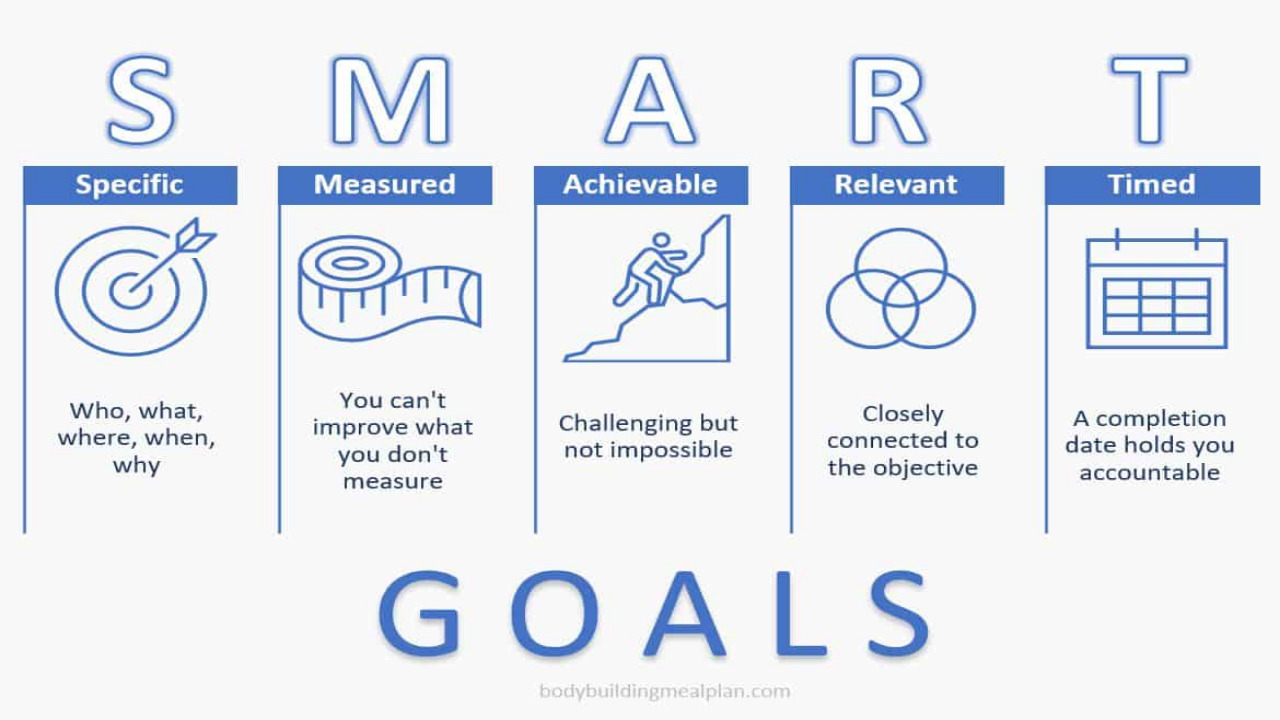Motivation and Goal Setting to Empower Children Who Struggle in School
Every child deserves the opportunity to succeed academically. Still, some students may face challenges that make it harder for them to thrive in a traditional classroom setting. However, with the right support and strategies, children who struggle in school can develop a strong sense of motivation and achieve their academic goals. In this article, we will explore the importance of motivation and goal setting for these children, along with practical tips and techniques to empower them on their learning journey.
Understanding Motivation

Motivation plays a crucial role in a child’s academic success. It is the driving force behind their willingness to learn, engage, and persevere through challenges. Understanding the different types of motivation can provide insights into a struggling student’s mindset. Intrinsic motivation, driven by internal factors like curiosity and personal interest, is particularly valuable for long-term success. On the other hand, extrinsic motivation arises from external factors like rewards or recognition.
Children who struggle in school may experience low motivation due to various reasons. These can include a lack of understanding of the subject matter, feeling disconnected from the curriculum, or experiencing academic pressure. Identifying and addressing these underlying factors is essential for fostering motivation. Providing relevant and meaningful learning experiences, creating a positive and supportive environment, and promoting student autonomy can help reignite their motivation. Luckily, to motivate and help a child with any study, one can find a great tutor online, like a maths tutor Melbourne service.
Setting SMART Goals

Goal setting is a powerful tool for motivating struggling students and helping them develop a clear vision of what they want to achieve. SMART goals provide a structured framework for goal setting, ensuring that goals are Specific, Measurable, Attainable, Relevant, and Time-bound.
When setting SMART goals for struggling students, it’s important to consider their individual needs and capabilities. Goals should be specific to the areas they need improvement in, such as reading comprehension or math skills. Measurable goals enable students to track their progress and experience a sense of accomplishment as they achieve milestones. Goals should also be attainable, challenging enough to stimulate growth but not overwhelming. Relevance is crucial as goals should align with a student’s interests and long-term aspirations. Finally, setting a time frame creates a sense of urgency and helps students stay focused and accountable.
Educators, family members, and support systems should guide struggling students in setting SMART goals by discussing their strengths, weaknesses, and areas for improvement. Together, the stakeholders can define specific objectives and create a plan to achieve them. Regularly reviewing and adjusting goals allows students to stay motivated and experience a sense of progress as they move closer to their targets.
Encouraging Personalized Learning
Personalized learning approaches are particularly effective for children who struggle in school. By tailoring educational materials, assignments, and teaching methods to their specific strengths and weaknesses, students can experience greater engagement, improved understanding, and increased motivation.
One way to personalize learning is by identifying each student’s preferred learning style—whether they are visual, auditory, or kinesthetic learners—and incorporating relevant teaching methods and resources. For example, visual learners may benefit from using visual aids or diagrams to reinforce concepts, while kinesthetic learners may excel when engaging in hands-on activities or simulations.
Additionally, providing students with choices and autonomy in their learning can foster motivation. Allowing them to select topics of interest or giving them options to demonstrate their understanding can help increase their investment in the learning process. Offering opportunities for self-directed learning or project-based assignments can also enhance motivation by allowing students to explore areas they are passionate about.
Educators, parents, and tutors should collaborate to identify the specific learning needs of struggling students and adapt instructional strategies accordingly. Regular assessments can provide insights into a student’s progress and help determine areas where personalized learning approaches can be most effective.
Celebrating Small Victories

Celebrating small victories is a powerful way to boost a struggling student’s motivation and self-esteem. Acknowledging their achievements, no matter how small, reinforces their efforts and encourages continued progress.
Stakeholders involved in a student’s academic journey should actively look for opportunities to praise and reward struggling students. This can be done through verbal recognition, written notes of encouragement, or small incentives such as stickers or certificates. Recognizing their hard work, improvement, or perseverance helps students feel valued and appreciated, fostering a positive attitude toward learning.
It’s important to make celebrations personalized and meaningful. Instead of generic praise, focus on specific accomplishments and efforts. For example, commend a student’s ability to solve a difficult math problem or praise their dedication to completing a challenging reading assignment. Additionally, involving parents in the celebration process can further strengthen the student’s support system and reinforce the significance of their achievements.
By consistently recognizing and celebrating small victories, stakeholders contribute to building a growth mindset within struggling students. They learn to view challenges as opportunities for growth and develop a sense of self-efficacy, motivating them to persevere through difficulties and strive for further success.
Cultivating a Supportive Environment
Creating a supportive environment is crucial for motivating struggling students. This involves nurturing positive relationships and fostering a sense of belonging.
Educators can establish a classroom culture that encourages open communication, trust, and respect. They can create a safe space where students feel comfortable asking questions, seeking help, or sharing their concerns. Building rapport with struggling students through active listening and empathy can foster a supportive environment.
Parents play a vital role in supporting their child’s academic journey. By actively engaging in their child’s education, providing encouragement, and communicating with educators, parents can reinforce the importance of education and demonstrate a commitment to their child’s success. Working collaboratively with educators ensures a consistent and supportive approach to learning.
Tutors provide personalized attention and guidance, addressing the specific needs and challenges of struggling students. They can create a supportive learning environment by building a strong rapport, offering constructive feedback, and using positive reinforcement. Tutors should strive to understand a student’s unique learning style and adapt their teaching methods accordingly.
By cultivating a supportive environment, struggling students feel empowered and motivated to overcome obstacles. They develop a sense of belonging and confidence in their ability to succeed, which positively impacts their academic performance.
Conclusion
Motivation and goal setting are essential for empowering children who struggle in school. By understanding their individual motivations, setting SMART goals, personalizing learning experiences, celebrating small victories, and cultivating a supportive environment, we can motivate and inspire these students to achieve their academic potential. With the right strategies and support, struggling students can develop the confidence and determination necessary for academic success. Let us remember that every child has unique strengths and the capacity to thrive when given the opportunity and support they deserve.



